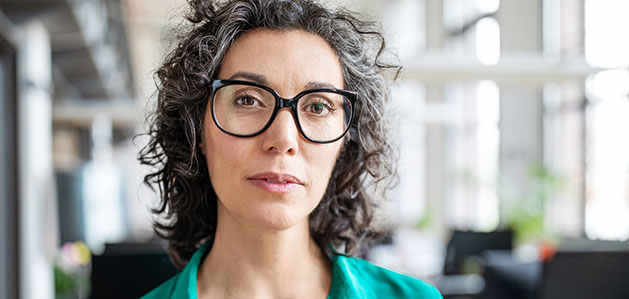Start Reducing Your Cancer Risk Today
Take steps to reduce non-hereditary risk factors for cancer.
There are two types of risk factors for developing cancer: hereditary and non-hereditary. Hereditary risk factors are the ones you inherit from your parents at birth, and are built into your DNA. But, non-hereditary risk factors are those you do have some control over.
Granted, people who don’t have cancer would prefer not to think about it at all. The reality is that about half of all men and a third of all women in the United States are expected to develop cancer at some point in their lives. This may be a scary statistic, but there’s good news, too, says Virtua medical oncologist Priya Gor, MD: Starting today, you can reduce your non-hereditary cancer risk factors in several important ways.
If you’ve never had cancer, this is called primary prevention. But even if you’ve already been diagnosed with cancer, secondary prevention can help achieve remission and prevent relapse.
Diet and Exercise
The health benefits of eating a diet primarily made up of fruits and vegetables reduces your risk of developing just about every disease, and cancer is no exception. For example, research has shown that the consumption of certain nutrients, including folate, lycopene, and flavonoids (all found in fruits and vegetables), is associated with a decreased cancer risk. Studies have also shown that people who are physically active are much less likely to develop cancer than those who are sedentary. One recent study, for example, found breast cancer risk was reduced by 25% among women who were the most active in the study as compared to those who were the least active. Another study found that those who exercise regularly have a 20% better survival rate from colon cancer.
Alcohol Consumption
Here’s another often-overlooked way to reduce your cancer risk: avoid alcohol. If you allow for an occasional drink, or even better, abstain altogether, it will significantly reduce your cancer risk. Daily alcohol consumption, even in small amounts, increases your risk of developing head, neck, esophageal, liver, breast, and colorectal cancers. Of course, not everyone who drinks develops cancer, but it’s important to be fully aware of the risk. Also, it doesn’t matter what kind of drink it is—whether beer, wine, or spirits—the effects of the alcohol on your body are the same.
Smoking
Public awareness campaigns have successfully communicated the dangers of cigarette smoking, but despite this awareness, tobacco continues to be the leading risk factor for preventable disease and death in the United States. “Cigarette smoke doesn’t just increase your risk for lung cancer,” says Dr. Gor. “It can also cause head, neck, esophageal, pancreatic, and bladder cancers.” Former smokers will always have a higher cancer risk than those who NEVER smoked, but if you do smoke, quitting today will immediately and dramatically reduce your cancer risk.
There's So Much More to Explore
Discover expert insights, inspiring stories, health tips, and more by exploring the content below!

Baseball Coach Turns Male Breast Cancer Surprise into Personal Mission

Young Breast-Cancer Survivor Has New Hope for Healthy Future
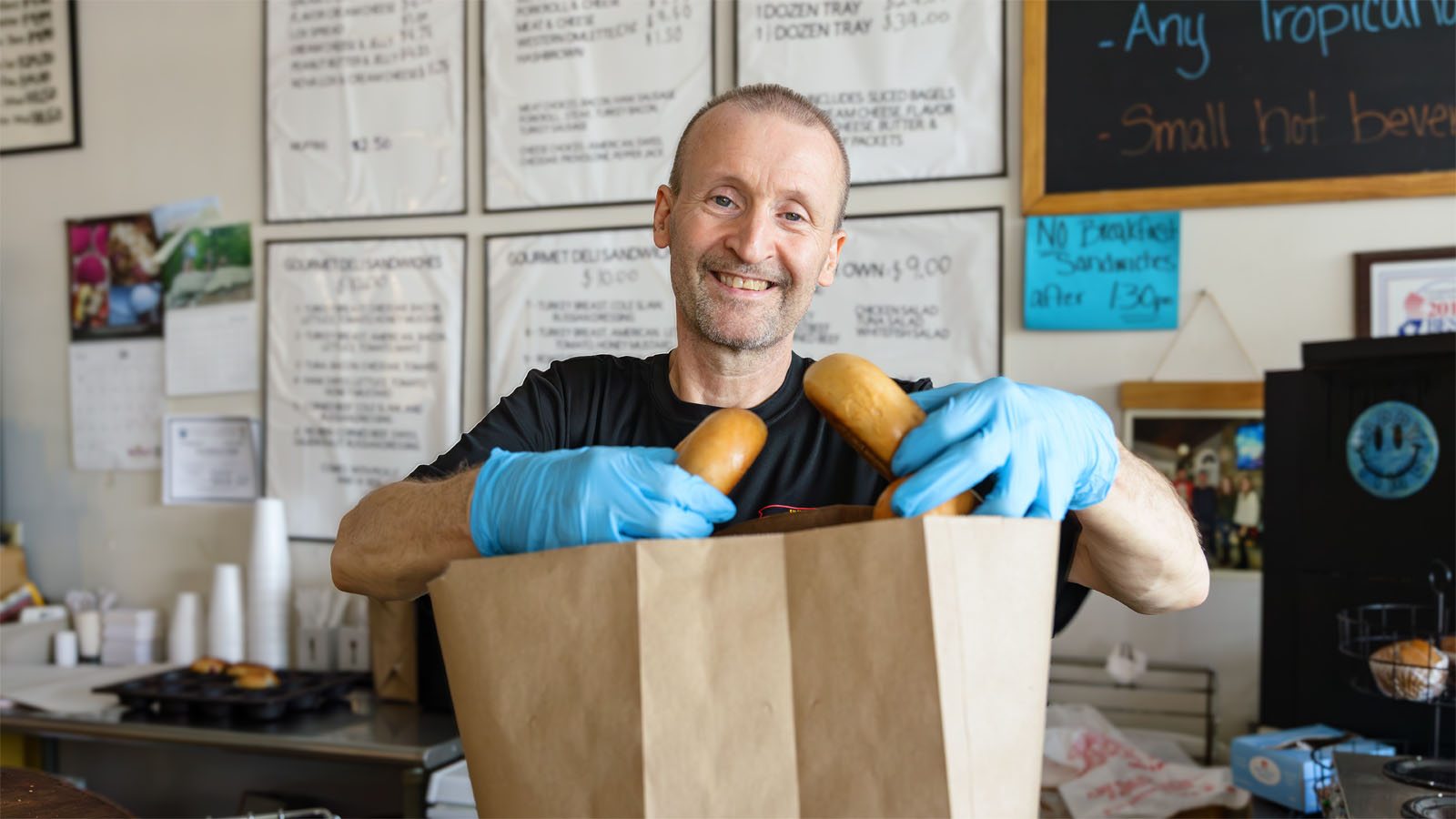
HeartTalk Magazine

Is Cancer Hereditary? What You Need to Know About Your Genetic Risks

Your Guide to Mammograms: When to Get Screened and What to Know

5 Key Facts About Proton Therapy for Cancer Treatment

3 Changes You Can Make Today to Lower Your Cancer Risk
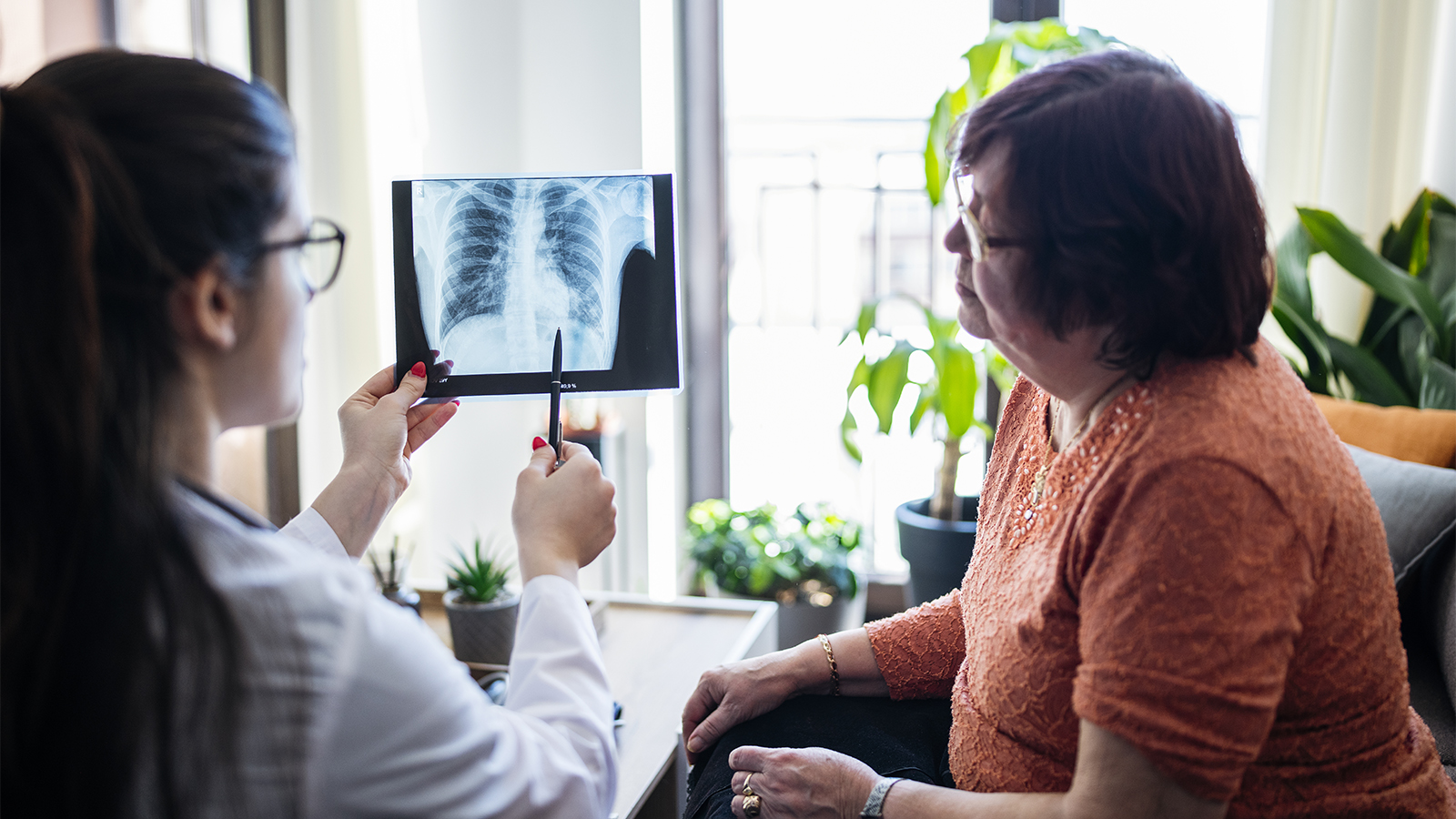
A Lung Cancer Screening Could Save Your Life

10 Reasons To Schedule Your Colonoscopy Today
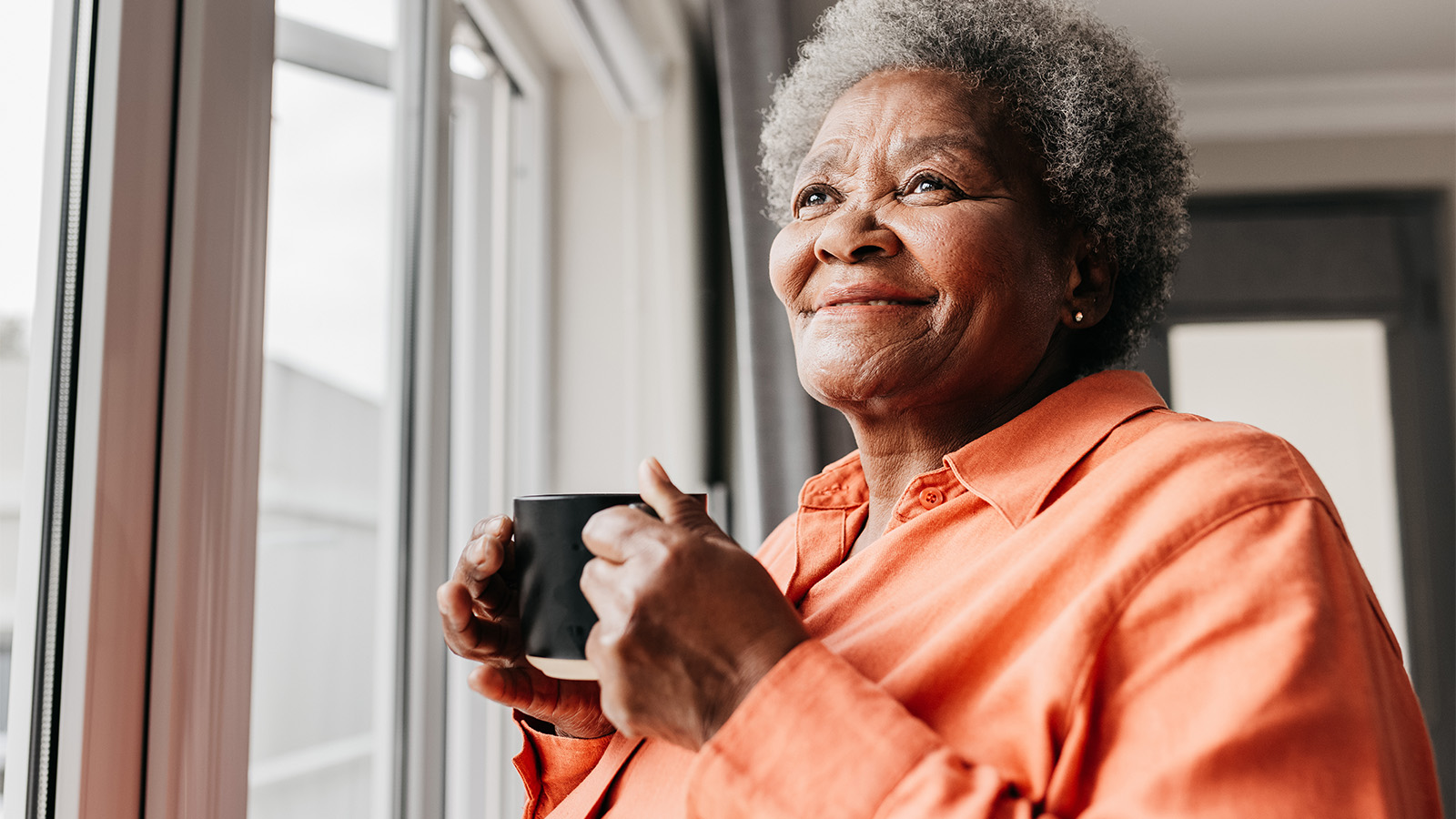
Is an At-Home Colon Cancer Test a Good Alternative to a Colonoscopy?

The HPV Vaccine: A Powerful Shield Against Cervical Cancer

How Does Breast Density Affect Your Mammogram?

Breast Cancer Diagnosis Inspires Catherine to Help Others
Firefighter's Successful Lung Cancer Care at Virtua

A Breast Self-Exam Saved Kristen's Life

Protect Your Child From HPV and Related Cancers

What to Know About Cervical Cancer Screenings
6 Tips for an Easier Colonoscopy Prep
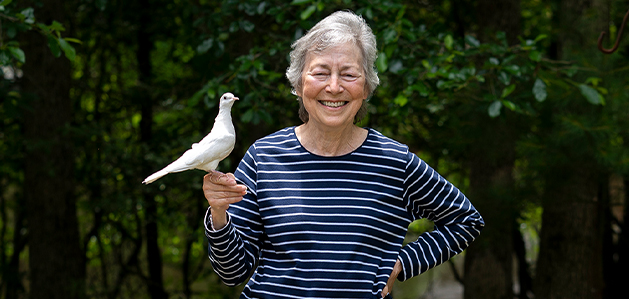
Rectal Cancer Surgery Gets Eileen Back to her Magical Life | Virtua Health
Robotic Surgery Helps Shelly Haney Return to Her Happy Place
